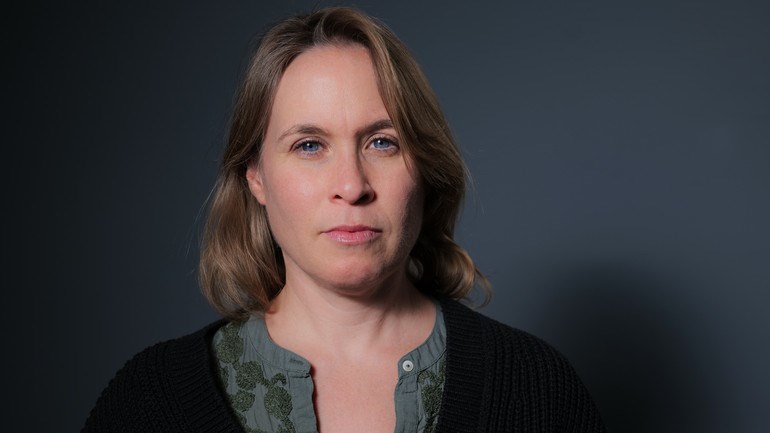Aspiring female engineers are supported by many – except male peers

Young women who want to become engineers experience great support from parents, teachers and other young women, Katherine Doerr's research shows.
Engineering studies are growing in popularity, but the proportion of women choosing the subject remains low. A study has found male peers to discourage women with engineering aspirations and exclude female colleagues later in professional life.
Despite efforts to increase the representation of women in engineering sciences, only 20 per cent of students in the field are women, in countries like Sweden and the USA. Gendered expectations and bias are commonly known to deter women from developing an interest in the field, but only little is known about women who are planning a career in engineering.
The collaborative study, conducted by researchers from Malmö University and University of Texas, investigated sources of influence on young women in high school. The researchers found that women with engineering aspirations receive support from most people around them, including parents, teachers and other young women.
One way we can create impact at institutional level is to develop feminist perspectives on the didactics of our subjects.
Katherine (KT) Doerr
"Young women who show a clear interest in technology subjects are unique. There is clearly a high level of support between women, however young men studying in the same field are particularly discouraging," says Katherine (KT) Doerr, assistant professor of education at Malmö University, who is part of the research group.
The young women participating in the study were aware of their special position in the male-dominated field. In interviews, they reported sexist actions such as social and physical exclusion and expressions of dominance, manifesting as refusal to provide women recognition, or taking over study spaces and material.
Doerr believes it is important to reduce the weight of individual merit within engineering education because the industry relies on a high degree of collaboration. Education should be designed to enable students to try out different roles and collaboration forms, she argues.
”One way we can create impact at institutional level is to develop feminist perspectives on the didactics of our subjects. This is not easy – support is needed from entire departments and universities.”
Not only is it difficult to encourage more women to choose engineering, but a relatively high proportion of them also drop out and leave the field.
”They go through a long training and start working, but then leave the profession. We must see it as an educational problem that our newly trained engineers, mostly men, fail to create an inclusive working environment for all. It's a huge loss for society,” says Doerr.
Text: Marc Malmqvist & Anna Jaakonaho
More about the research
The study Changing the gendered status quo in engineering?: The encouraging and discouraging experiences of young women with engineering aspirations was published in Science Education in November. The article is written by Katherine Doerr at Malmö University, together with Ursula Nguyen, Tatiane Russo-Tait and Catherine Riegle-Crumb at the University of Texas at Austin. The study is part of a series that focuses on women in the STEM fields, written by Katherine Doerr herself or with the research team from the USA.
Read the research article: